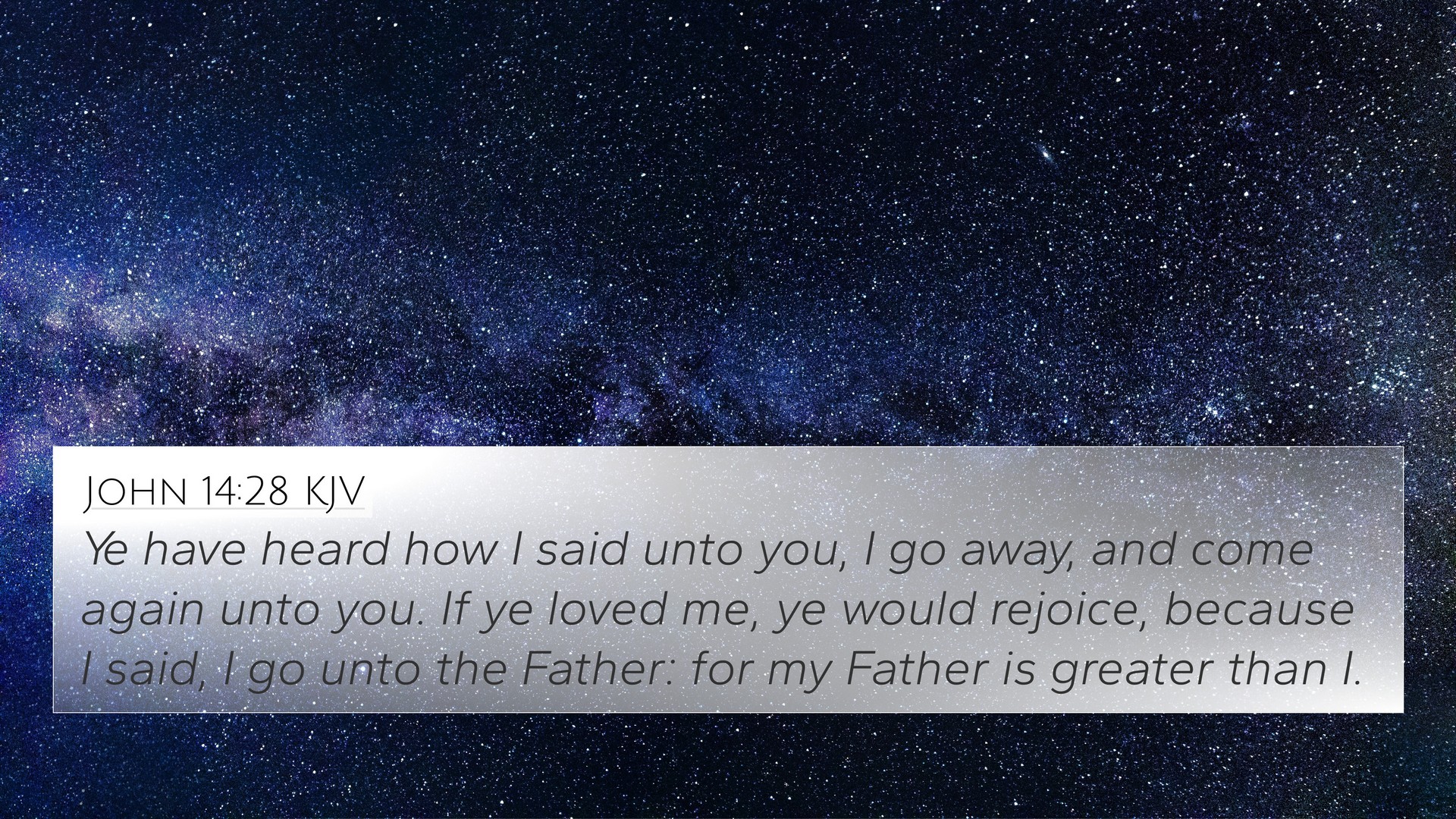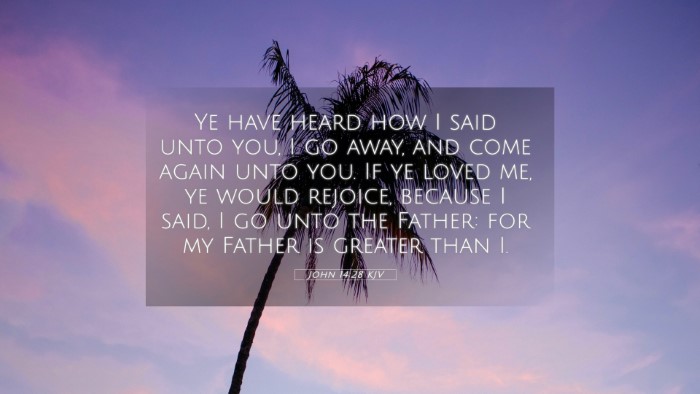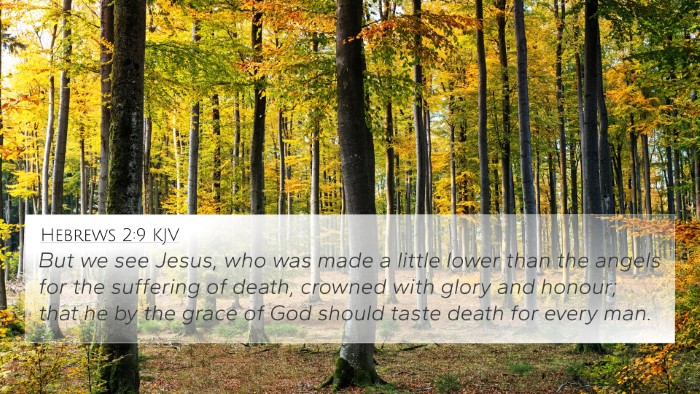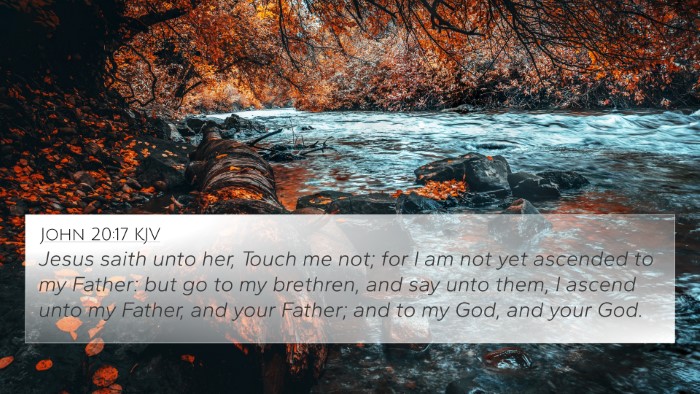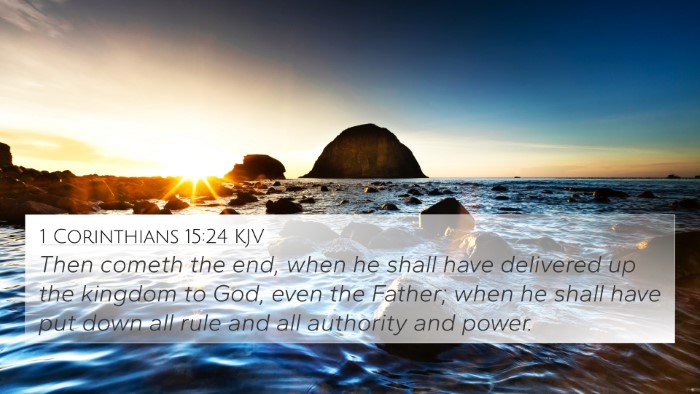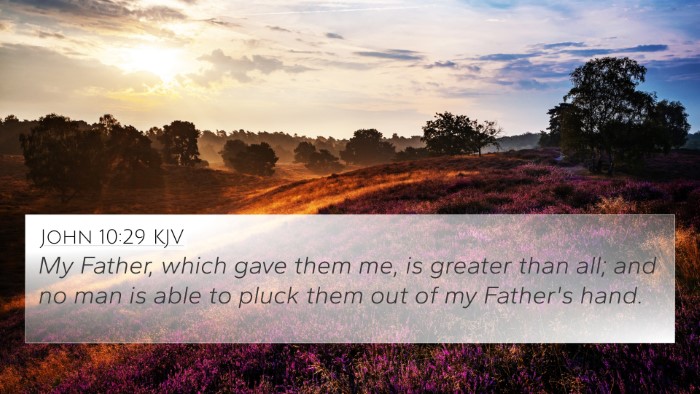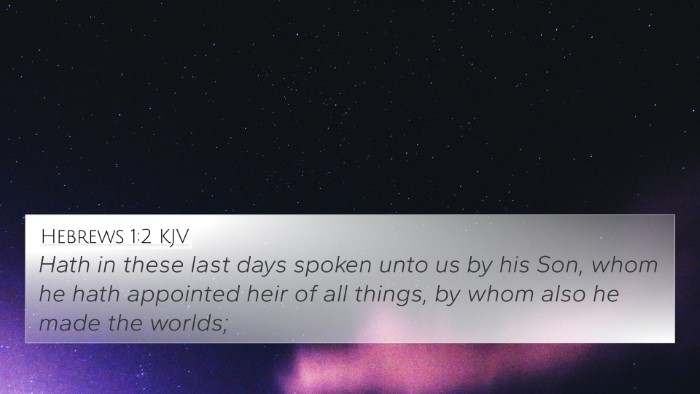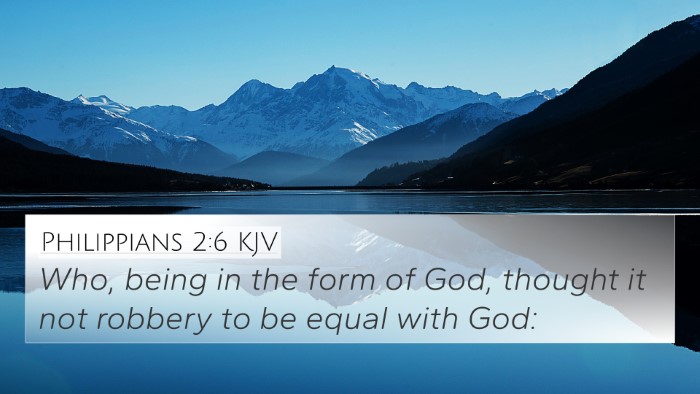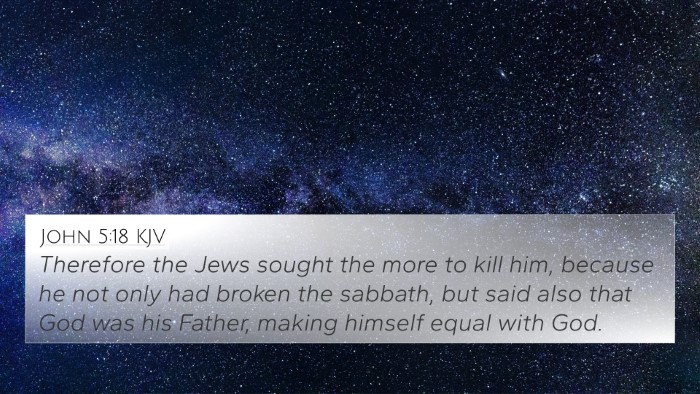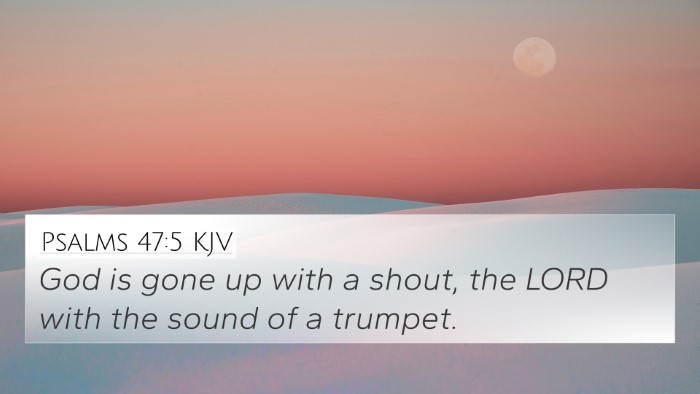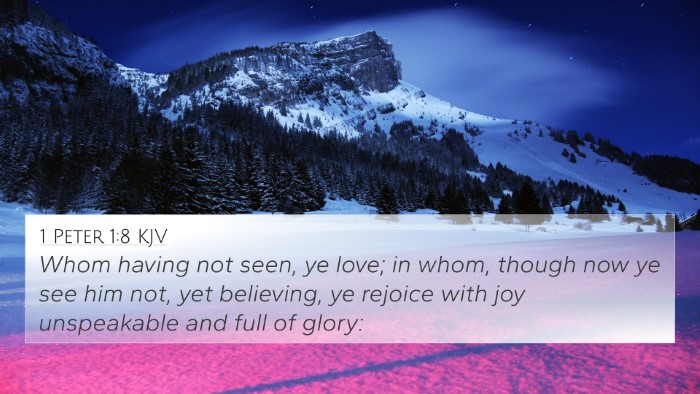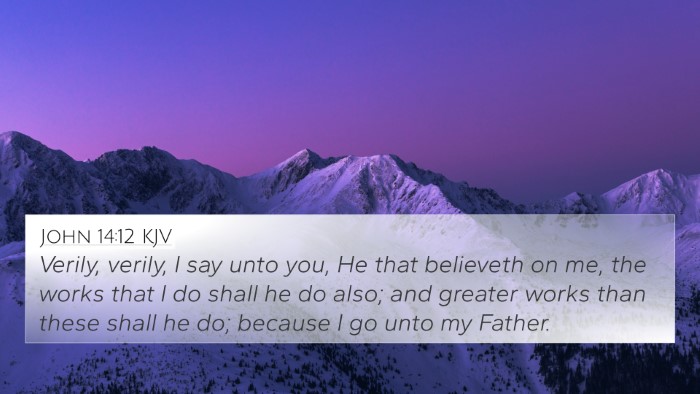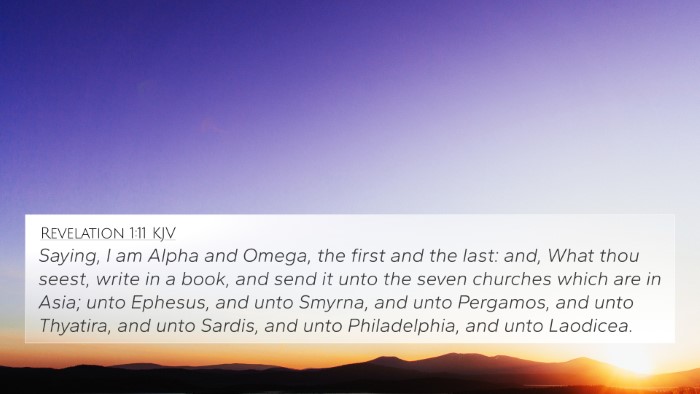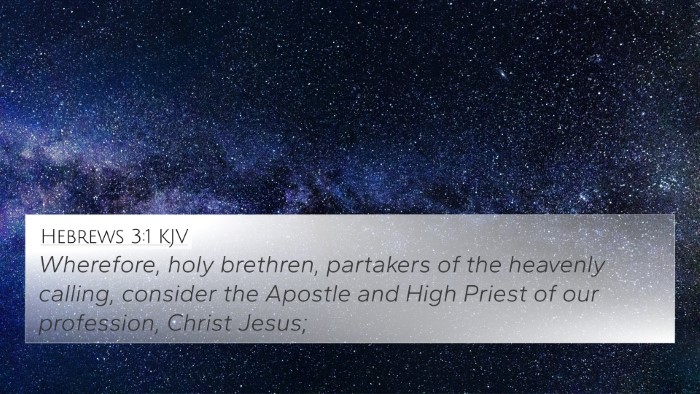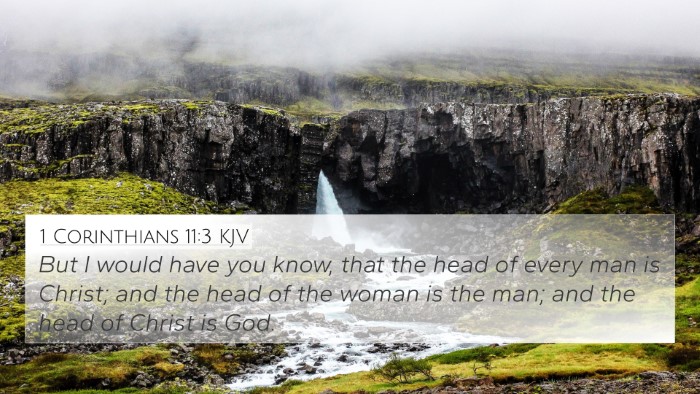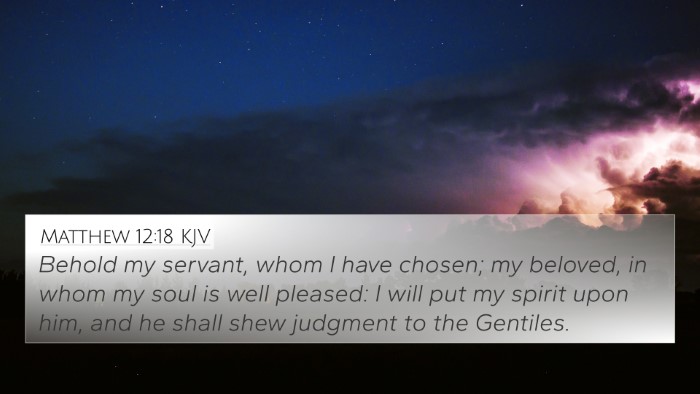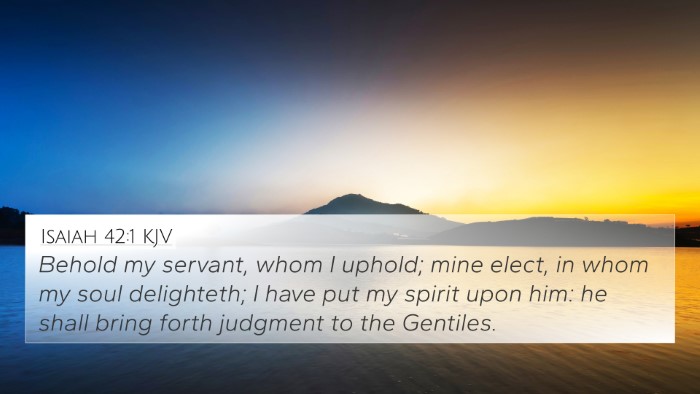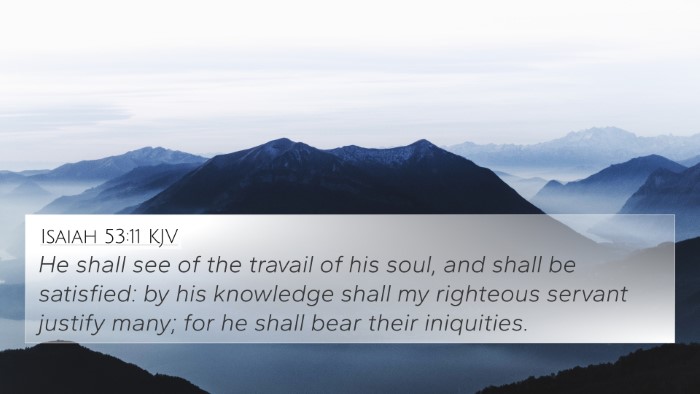Understanding John 14:28
John 14:28 states, "Ye have heard how I said unto you, I go away, and come again unto you. If ye loved me, ye would rejoice, because I said, I go unto the Father: for my Father is greater than I."
Verse Meaning
This verse encapsulates a pivotal moment in Jesus' discourse with His disciples as He prepares them for His impending departure. To gain a deeper understanding, we can consult various public domain commentaries.
Insights from Matthew Henry
Matthew Henry emphasizes the emotional context of Jesus' words. He notes that while the disciples would naturally be sorrowful at His departure, they should find comfort in the fact that Jesus is returning to the Father, who is in a position of greater authority. Henry illustrates that the love of Christ encourages believers to rejoice, as His return signifies not abandonment, but the fulfillment of a divine plan.
Insights from Albert Barnes
Albert Barnes focuses on the theological significance of Jesus referring to the Father as “greater” than Himself. He explains that this does not imply inferiority but highlights the distinct roles within the Trinity. Barnes underscores the unity of purpose between the Father and the Son, showing that the disciples should take heart, knowing that Jesus is going to a place of intercession on their behalf.
Insights from Adam Clarke
Adam Clarke delves into the emotional responses of the disciples and the reassurance Jesus provides. Clarke identifies the importance of Jesus’ statement regarding love, arguing that true love for Christ involves a recognition of His divine mission and a joy in His obedience to the Father. He also discusses how this moment foreshadows the coming of the Holy Spirit, reinforcing the continuity of God’s presence with believers.
Bible Cross-References for John 14:28
- John 10:30 - "I and my Father are one." - This verse illustrates the unity of the Father and the Son.
- Philippians 2:9-11 - "...God also hath highly exalted him..." - Highlights the exaltation of Christ post-resurrection.
- John 16:16 - "A little while, and ye shall not see me: and again, a little while, and ye shall see me..." - Jesus tells the disciples of His absence and return.
- Matthew 28:18 - "All power is given unto me in heaven and in earth." - Shows Christ's authority after His resurrection.
- John 14:16-17 - Promises of the Holy Spirit as a continuation of Jesus' presence.
- Hebrews 1:3 - "Who being the brightness of his glory..." - Outlines Christ's position in relation to the Father.
- John 7:39 - Refers to the Holy Spirit being given after Jesus' glorification.
Thematic Connections and Insights
John 14:28 connects with broader themes of love, departure, authority, and the Trinity. The emotional terrain navigated in this verse notes a turning point where Jesus reassures His followers, while reinforcing the concept of divine hierarchy and the fulfillment of the Father’s plan. The passage serves not only as a declaration of fact but also as a profound engagement with the disciples’ expectations and emotions.
Cross-Referencing as a Study Tool
Understanding the connections between biblical texts provides richness to the interpretation of verses. Tools for Bible cross-referencing, such as concordances and cross-reference guides, allow for deeper study and recognition of the relationships between passages. Here are some best practices:
- Use a Bible Concordance: Look up key words or themes to find related verses.
- Contextual Study: Analyze verses in the context of their chapters and books.
- Linking Bible Scriptures: Note how different verses illuminate each other in meaning.
- Comparative Bible Verse Analysis: Consider multiple verses that speak to a similar theme.
- Expository Teaching: Utilize cross-references in sermons and teachings for richer exposition.
- Memorization Techniques: Remember thematic connections for easier recall of scripture.
Conclusion
John 14:28 serves as a testament not just to Jesus' relationship with the Father but also highlights the expectations within the believer community regarding joy and authority. By utilizing cross-referencing and comparative Bible study methods, one can delve deeper into the interconnectedness of scripture, enriching both personal understanding and communal teaching experiences.
